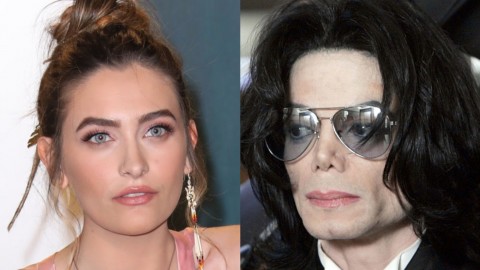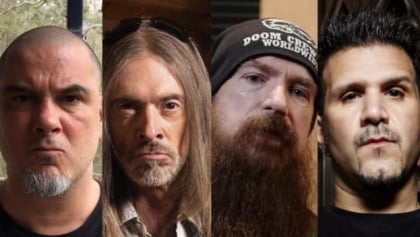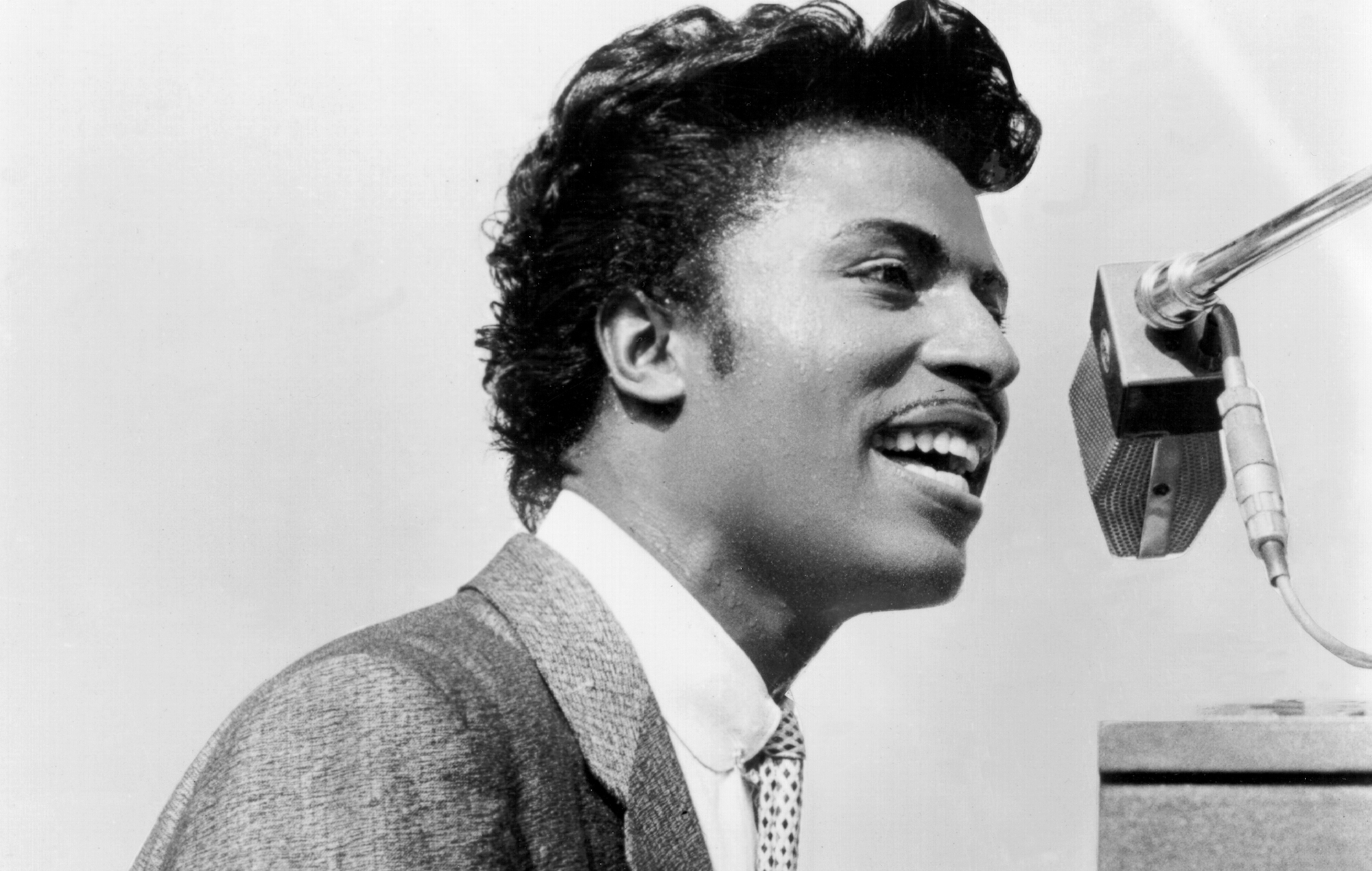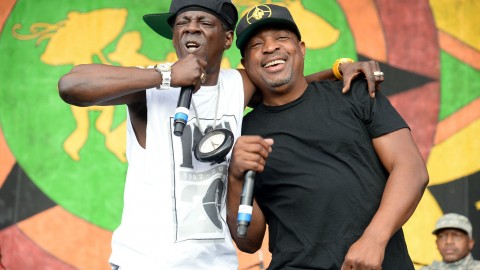
Do you like scary movies? The kids of 1996 did. In January, Robert Rodriguez’s cult classic From Dusk Till Dawn kickstarted a franchise that ran until 2016. In May, The Craft – with a cast led by Neve Campbell, more on her later – inspired every teenage schoolgirl, at least for a week or two, to practice spells in the playground. But it wasn’t until December that the era’s most iconic slasher arrived: Wes Craven’s Scream. After four films and a TV series, a soft-reboot-cum-sequel is being released early next year – and this afternoon we got our first glimpse in a new trailer.
It’s impossible to recount the history of western horror movies without talking about Craven. He created the 1980s’ most iconic big bad – yeah, you heard me Voorhees, stand down Myers – in A Nightmare On Elm Street’s Freddy Krueger. His filmography consists exclusively of films that are either classics (1972’s The Last House On The Left, 1991’s The People Under The Stairs) or iconic (1989’s Shocker, 1977’s The Hills Have Eyes).
It’s easy to forget, then, that the type of big budget, popcorn-munching horror Craven excelled in, was on its arse in the mid 1990s. It certainly wasn’t normal to pluck a star from the era’s hottest TV show (as Scream did with Courteney Cox, who put down Monica Geller’s chef’s hat to play the role of pushy TV reporter Gale Weathers). Prior to its release, horror movies rarely made $173million at the box office. But the importance of Scream doesn’t rest with financials but within pop culture.
You wouldn’t think as much if you were to delve into the real-life murder spree that inspired writer Kevin Williamson (‘The Gainesville Ripper’ Danny Rolling), but Scream was about as fun as 1996 got. And there was tons of fun to go around in 1996. Pokémon, DVDs and The Spice Girls were all new big things; England were really good at football and endless mirth was had at the expense of a cloned sheep called Dolly. Williamson wrote teen drama with a smile in Dawson’s Creek. In I Know What You Did Last Summer (which also has a reboot out this week) and The Faculty, he proved he could do silly, spooky fun too.
Scream is, of course, a film about teenagers running around trying not to get stabbed – but it’s also a film about films that are about teenagers running around trying not to get stabbed (and inspired the spoof series Scary Movie – the working title for Scream – which is a film about a film which is about films that are about teenagers running around trying not to get stabbed. Does anyone else’s head hurt?) Scream’s script references horror staples like Psycho and The Silence Of The Lambs, while Jamie Kennedy’s Randy Meeks – RIP sweet prince – wastes no opportunity to inform the cast of what is required to survive a horror movie when the bodies start piling up.
“There are certain rules that one must abide by in order to successfully survive a horror movie,” says Randy. “For instance: 1. You can never have sex. The minute you get a little nookie – you’re as good as gone. Sex always equals death. 2. Never drink or do drugs. The sin factor. It’s an extension of number one. And 3. Never, ever, ever, under any circumstances, say “I’ll be right back…” Here Craven was game enough to lampoon much of his own back catalogue. But in 2021, it can all seem a bit quaint.

It’s worth looking at Scream 5 – which will see Campbell as the long-suffering Sidney Prescott, David Arquette’s Dewey Riley and Cox reunite – with a dose of scepticism. There is naturally, for the first time, no Craven (he sadly died of a brain tumour in 2015). Also, the world looks little like it did in 1996. For a start, nobody says “nookie” anymore. But after Columbine (the 1999 high school shooting forced Craven to considerably dial down the violence in 2000’s Scream 3), 9/11, 7/7, the war in Iraq and Afghanistan, domestic terrorism, the increasing ferocity of our changing climate, the legitimisation of conspiracy, the rise of the far right, Trump in the White House, COVID… well, a man in a daft mask with a knife is the least of anyone’s worries.
The best horror is normally in sync with the societal fears in which it is made. It certainly is within this extraordinary, terror inducing modern era. Consider Host (isolation in the COVID era), Get Out (institutional racism), The Purge (the widening gap between rich and poor), The Invisible Man (domestic abuse) or The Hunt (the fraught division between political ideologies). The escapism of Scream – a film much closer to the slapstick violence of Tom and Jerry than any of the aforementioned flicks – jars in an era where what we see on the TV news is much more scary than what we see at the multiplex.
On the other hand, perhaps that escapism – that throwback to a simpler time – is exactly what everybody needs.
The post Can slapstick horror ‘Scream’ survive the genre’s issue-obsessed modern era? appeared first on NME.








